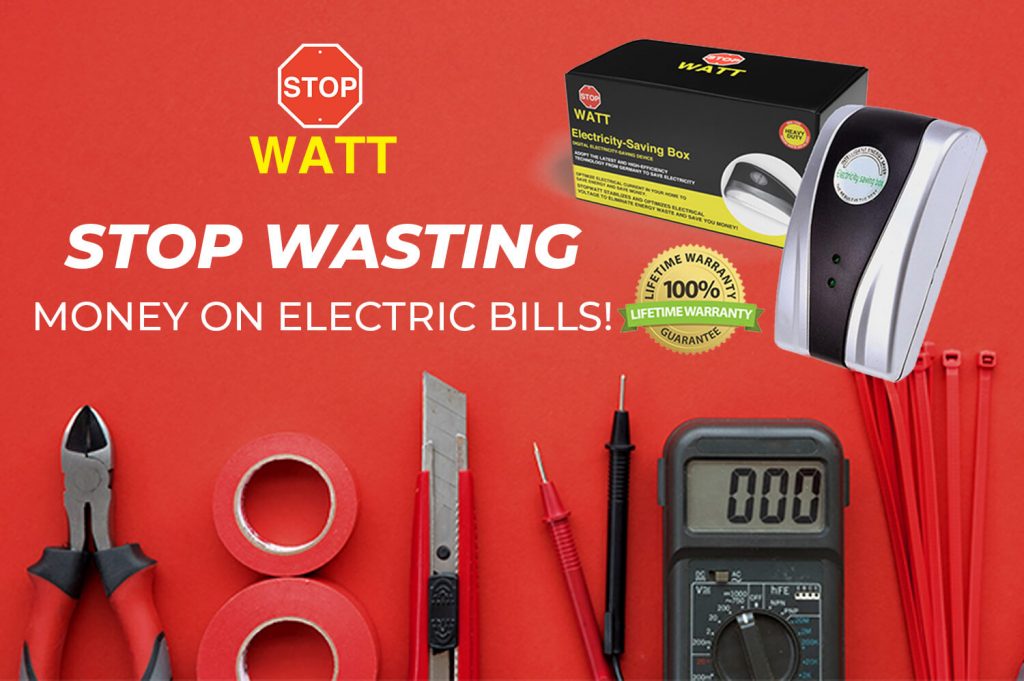Simple Ways to Maintain Your Vegetable Garden
Vegetable gardens are a lot like the average houseplant, but they can be a challenge to maintain. They can be finicky and require more attention compared to a houseplant. Giving your vegetable garden the attention it needs will help your plants grow, thrive, and ripen. Plants that have proper care will often have higher yields and reap better-tasting vegetables. You can use these simple gardening tips to maintain your vegetable garden and keep it in peak performance:
Photo by Karolina Grabowska from Pexels
1. Remember to water regularly
This is a basic tip, but it often gets overlooked because of its simplicity. Adequate moisture in the soil will help the plant develop strong roots so it can produce healthy vegetables.
Water is particularly important just after planting and as the vegetables begin to emerge. In general, you should keep the top six inches of soil moist for seedlings and young plants. An inch of water or two each week is normal but add more water if the weather is hot and humid.
Regular watering will prevent some of the damage that plants may experience if they go without water for some time. For example, tomatoes will sometimes split open if they suddenly have water after a dry spell.
If you are just getting started with your vegetable garden, remember to plant your garden near a water source. You are much more likely to keep up with regular watering if water is nearby.
Drip irrigation systems and soaker hoses work well to get water to your plants’ roots, rather than exposing them to diseases that could be hiding on their leaves. Watering at or near the soil will be much more effective than traditional overhead watering.
Photo by Alex Cantarelli from Pexels
2. Take steps to prevent overcrowding
When planting, be sure that you give your vegetables as much space as they need to spread out. Some beginner gardeners make the easy mistake of over planting. If you add too much to your garden, plants will smother each other to get resources, resulting in a decreased yield overall.
To properly maintain your garden, you need to remove extra seedlings as your plants grow. This step is particularly important if you are growing your plants from seeds. Although it may seem counterproductive to remove seedlings, it can provide a much higher quality vegetable.
Once adult leaves appear, remove the seedlings so that they are the correct distance apart. If removing the seedlings will harm other seedlings’ roots, pinch them off at the soil line. If possible, keep only the hardiest and most robust seedlings.
Photo by Ylanite Koppens from Pexels
3. Weed often
Weeds are your vegetable garden’s arch-nemesis. They steal much needed nutrients, sunlight, and water. Keeping up with weeding will help your plants grow better, and it avoids having long weeding sessions every few weeks. Take the time to do a quick check once or twice per week, and you can avoid the back-breaking work of intense weeding.
Keep an eye on surrounding grass and walkways as well. If there are weeds nearby, they can easily seed and make their way into your garden.
Photo by Markus Spiske from Pexels
4. Stake your vegetables as necessary
Tall, climbing vegetables require some sort of staking. This will allow the plant to grow properly. Ideally, you should stake your plants during initial planting, but you can add one later if needed. Just be careful not to harm the roots when placing the stake.
Vegetables that will likely need stakes include:
- Tomatoes
- Cucumbers
- Pole beans
- Peppers
- Pumpkins
You can use twine to tie the plant to the stake once it gets tall enough. Be careful not to tighten the twine too much, as it can harm the plant in some situations.
Photo by Anna Shvets from Pexels
5. Prune as necessary
When your plant shows signs of damage or withering, consider pruning all or part of the plant. Unhealthy plants can be a sign of rot, bugs, or other problems that can spread to your healthy plants. By removing just one section of the plant, you may be able to save the potential vegetables that will spring up in other areas.
Keeping an eye out for pests and illness on a regular basis can help you spot a major problem before significant damage is done to your entire garden.
Photo by Tima Miroshnichenko from Pexels
6. Consider adding mulch
A simple garden will often have exposed soil around each plant. However, adding mulch can be a good option for several reasons. Mulch cuts down on weeds and helps the soil around each plant retain moisture. Mulch will also keep the soil cool to protect your plants’ roots from the sun. As they compost, they can even add nutrients to the soil.
After planting, add about two inches of mulch to your garden. You can leave space around the plant or start to move mulch away from some of the leaves as your garden grows.
Photo by Zen Chung from Pexels
7. Clean your garden tools
Many people do not think of cleaning their garden tools as a necessity when it comes to maintaining their garden. However, if your tools are in an area where you suspect there is some bacteria or disease, it is important that you take steps to remove those contaminants. Simply washing your tools in a bucket with soap and water can go a long way.
Photo by Markus Spiske from Pexels
8. Harvest promptly
As your garden starts to produce, pick the vegetables right away. Waiting too long can cause rotting. Once a vegetable hits the ground, bacteria and pests are more likely to attack it. Keeping your garden picked is a great way to ensure that you get the most out of each plant.
Photo by Lisa Fotios from Pexels
9. Enrich your soil
Vegetable plants require a lot of nutrients to produce properly. Making sure your soil is healthy will go a long way to help support your plants. Adding organic matter to the garden can be quite helpful. Each plant has different needs, so be sure that you are not adding anything that could potentially harm any variety you have in your garden.
Fertilizers that are slow releasing often only need to be applied once per season. Water-soluble fertilizer, on the other hand, will require a few applications. Make sure your garden is already well watered before applying this type of fertilizer. Otherwise, you run the risk of having too much fertilizer, which can ultimately “burn” your plant.
If you choose to use manure, you might want to try using green manure in the fall and simply turn it over before you plant in the spring. You can also add manure or compost directly to the soil as your plants are growing.
10. Keep your garden clean
Take a few minutes to clear out any dead plants, leaves, or other debris from your garden. While this task may seem simple, it can go a long way. Keeping your dirt clear gives pests and bacteria fewer places to live near your vegetables, which can help keep them healthy all season long.
Try all these tips and ideas to get the most out of your garden and enjoy delicious, fresh vegetables. Happy harvesting!





